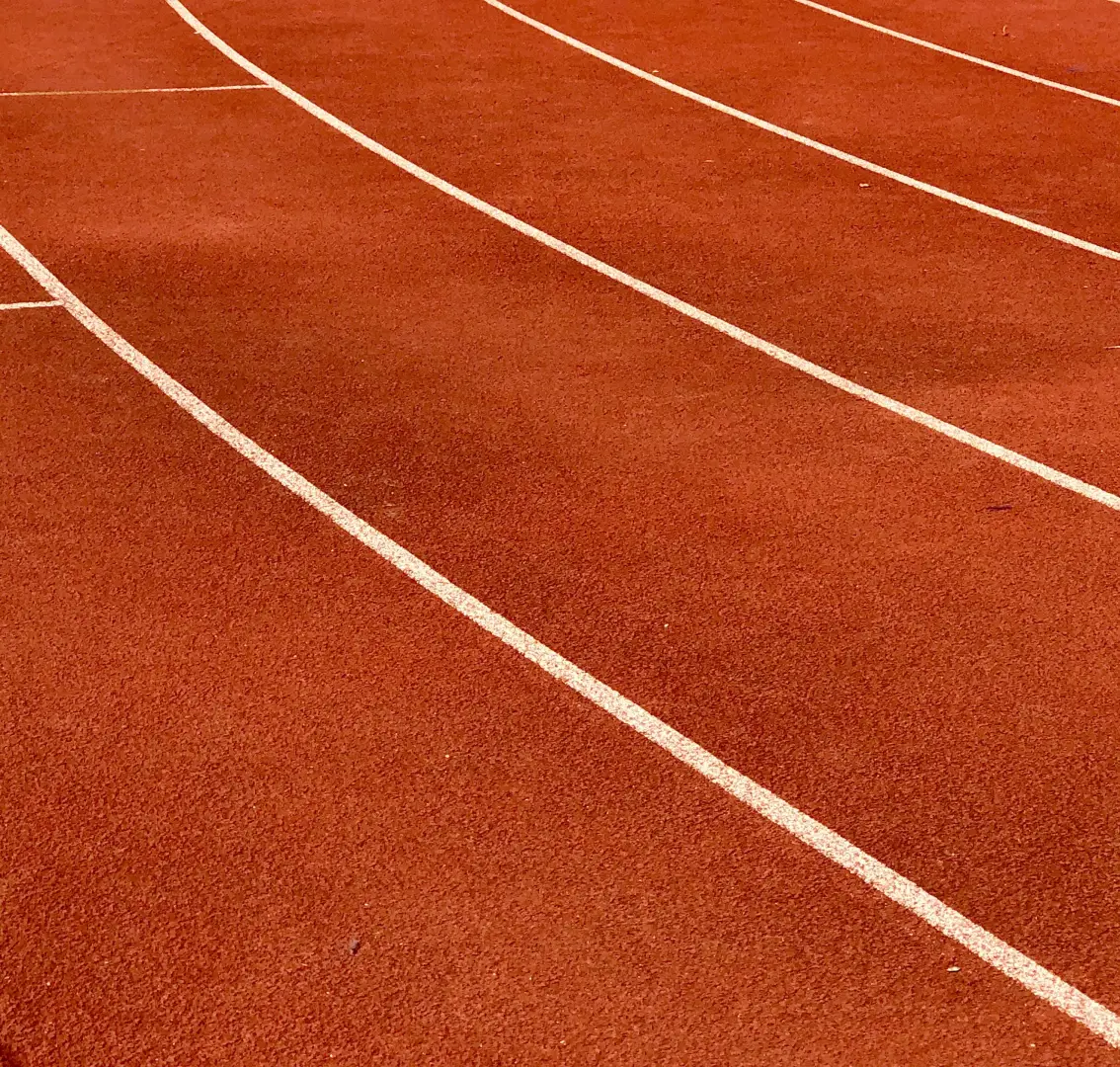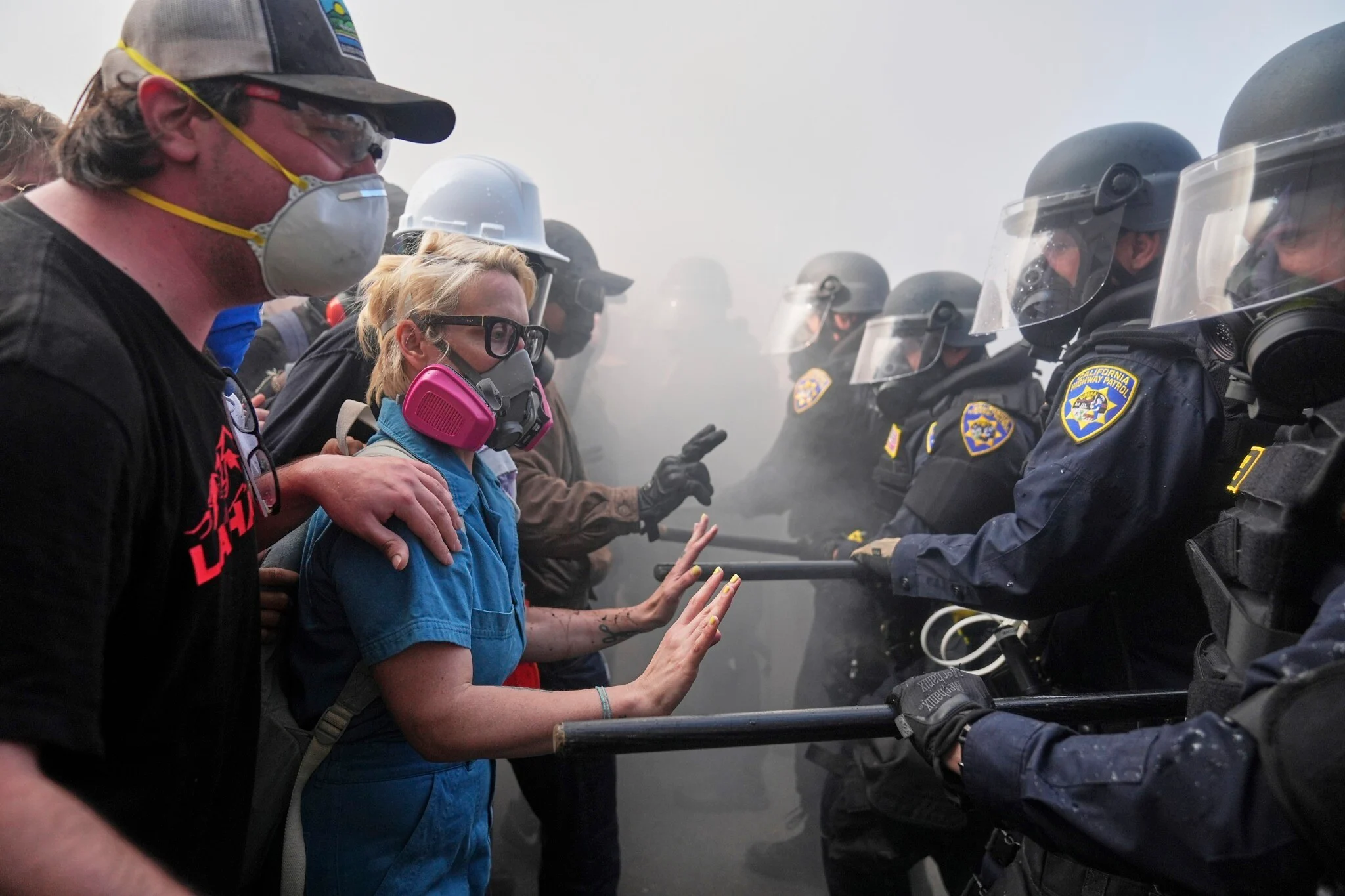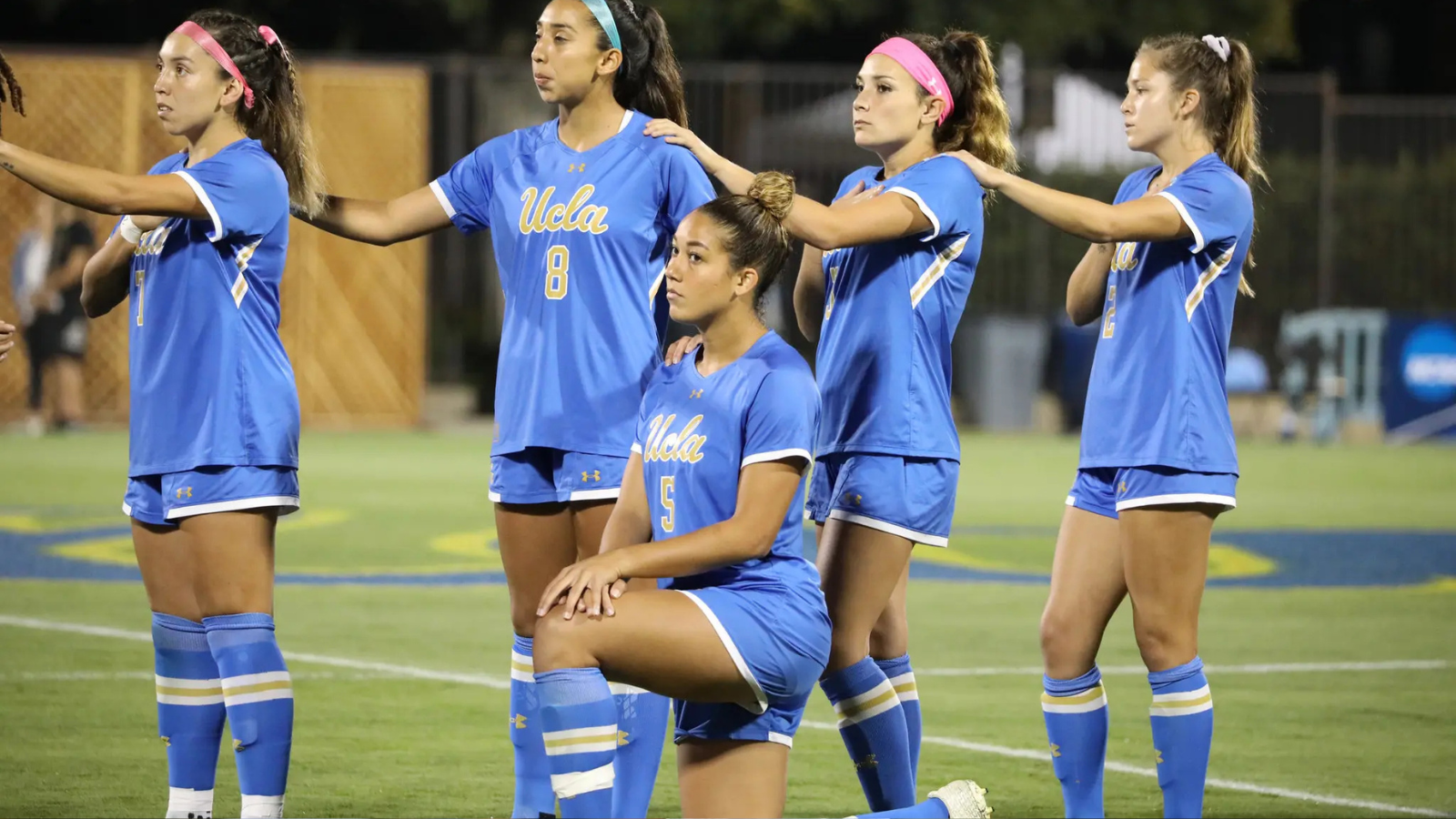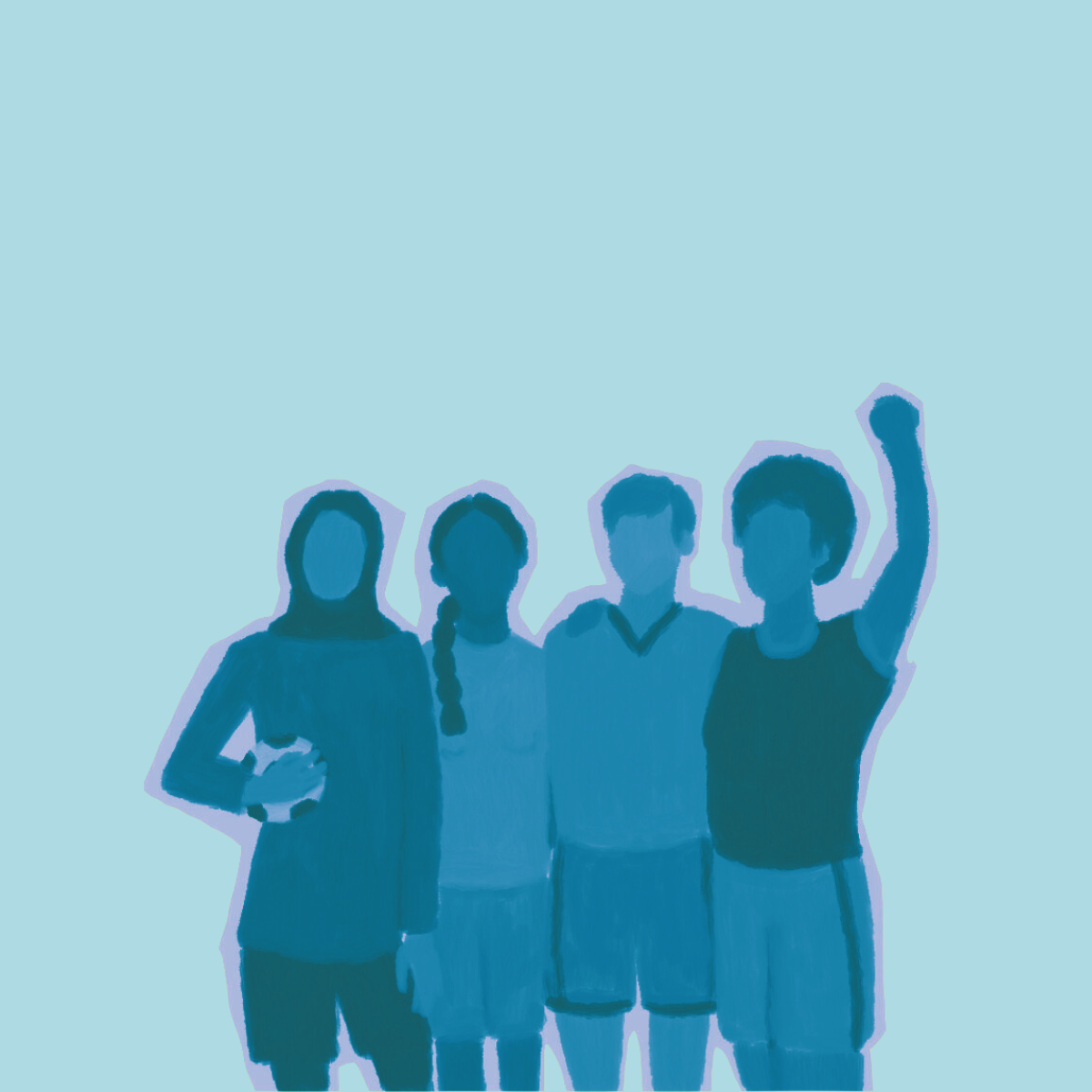
Amnesty International has the following recommendations in order to stop or prevent human rights violations related to major sporting events:
• States hosting a major sporting event should ensure rights are not violated in the context of this event.
• The organizing bodies, like IOC and FIFA, should have in place robust due diligence procedures to ensure that the sporting event does not cause or contribute to human rights violations. This means, that they should have a human rights policy, and processes to act on such a policy.
a. Organizing bodies should make clear in the bidding and selection processes that they expect the host states to commit to upholding human rights in the hosting and staging of the sporting event. They should also investigate the human rights risks and the possibilities to minimize these.
b. When considering awarding a major sporting event to a country, they could first look at the risk of human rights violations in the context of hosting and staging the event. If a country has a history of abuses linked to major building projects – for example forced evictions or labour exploitation – there is a risk of repetition. The organizing body should ask the candidate country to provide assurances as part of its bid.
c. Once a country has been awarded a major sporting event, the organizing body should work with the country to develop a risks and mitigation plan.
d. The organizing body should make clear the steps it will take if the host state violates rights in the context of the sporting event.
e. The organizing body should ensure it has independent human rights monitors who can report to it regularly.
f. In all contracts between the event organizers and companies, there should be clear stipulation that the company must respect human rights and operate in a manner consistent with the UN Guiding Principles on Business and Human Rights. In the documentation underpinning the awarding of the major sporting event to the host state, there should be specific provisions on the commitment of the host state to ensure human rights are respected and protected in the context of the event. If the host state breaches these provisions, similar sanctions should apply as to breaches of other legal commitments made by the host state to the organizing body.
g. The whole sub-contracting chain involved in the major sporting event should respect human rights. All contracts must therefore carry a human rights clause.
• All companies involved in the hosting or staging of a major sporting event should respect human rights and ensure they are respected throughout their sub-contracting and supply chains as well.





